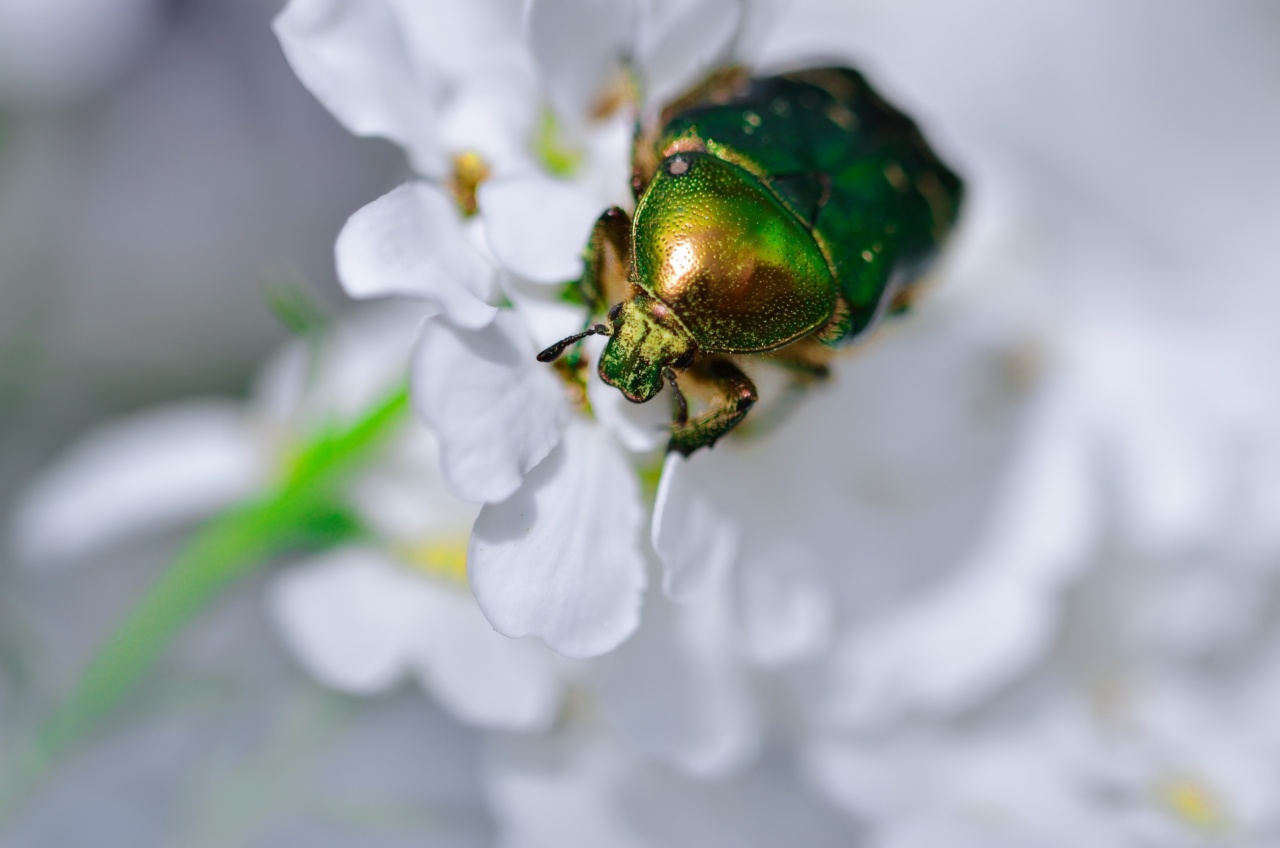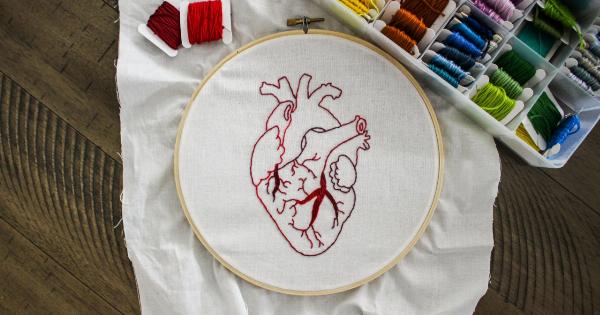As adults, we often pride ourselves on our maturity, experience, and ability to handle life’s challenges. However, in recent years, a peculiar phenomenon has emerged – the babyish bug infecting the mature population.
This trend sees supposedly responsible and grown individuals indulging in behaviors typically associated with children and babies. From adult coloring books to adult-sized onesies, this regression to childlike tendencies raises questions about societal and psychological factors influencing this peculiar shift.
Understanding the Regression
The regression towards babyish behaviors and interests in adults can potentially be attributed to various factors. One factor is the desire to escape the pressures and responsibilities of adulthood.
The modern world often requires individuals to juggle demanding careers, financial stress, and family obligations. Engaging in babyish activities may offer an outlet for stress relief and a brief respite from the realities of adult life.
Another factor influencing this phenomenon is the nostalgia for simpler times. As we grow older, we often reminisce about our childhood and the carefree moments it entailed.
Engaging in activities like coloring or playing with toys can tap into this nostalgia, allowing individuals to experience a sense of comfort and familiarity.
Furthermore, the rise of social media and connectivity may play a role in this regression. Platforms such as Instagram and TikTok have made it easier than ever to share and showcase one’s interests and hobbies.
As a result, trends like adult coloring books or collecting babyish merchandise gain popularity and create a sense of community among those indulging in them.
The Influence of Consumerism
Consumerism also plays a significant role in perpetuating the babyish bug. Companies recognize the market potential in targeting adults who seek childlike experiences.
From businesses manufacturing adult-sized pacifiers to theme parks hosting adult-only events, the industry capitalizes on this trend for profit. By successfully marketing products and experiences that evoke nostalgia and cater to the idea of escaping adulthood, consumerism reinforces this babyish behavior.
Psychological Perspectives
From a psychological perspective, the babyish bug can be viewed through various lenses.
Some experts argue that engaging in babyish activities may offer a form of regression therapy, allowing individuals to temporarily return to a less complicated stage of life. This regression can be seen as a coping mechanism for adults dealing with stress, anxiety, or other psychological challenges.
Additionally, the babyish bug could be a manifestation of the need for nurturing and comfort. Psychologists suggest that engaging in behaviors associated with infancy provides a sense of security and care that is often lacking in adult life.
By mimicking the innocence and dependency of a baby, individuals may seek to fulfill unmet emotional needs.
Babyish Behaviors: Harmless or Cause for Concern?
While the babyish bug may seem harmless on the surface, there are concerns about the potential consequences of this trend.
Critics argue that this behavior hinders personal growth and can prevent individuals from fully embracing the responsibilities and challenges of adulthood. Additionally, excessive indulgence in babyish behaviors may lead to stagnation or an inability to face life’s difficulties head-on.
On the other hand, proponents of the babyish bug argue that these activities offer a therapeutic escape from the demands of adult life.
They argue that engaging in babyish behaviors can be a healthy form of stress relief and self-care if done in moderation. It allows individuals to reconnect with their childlike curiosity and imagination.
Derision versus Acceptance
Public opinion regarding the babyish bug varies. Some individuals view participants with derision, labeling them as immature or unwilling to grow up. They criticize the regression as a rejection of adult responsibilities and a sign of societal decline.
However, others advocate for acceptance and understanding. They argue that indulging in babyish activities is a personal choice and does not necessarily reflect an individual’s overall maturity or capability.
Societal Impact and Influence
The babyish bug trend raises questions about societal influences and their impact on individual behavior. The constant pressure to conform to societal expectations weighs heavily on adults, pushing them to conform to traditional notions of maturity.
However, with changing societal dynamics and increased recognition of mental well-being, the notion of what constitutes adult behavior has become more fluid.
As society becomes more accepting of individual choices and diverse expressions of adulthood, the line between childlike regression and personal freedom blurs.
Ultimately, societal acceptance or rejection of the babyish bug trend will shape the experiences and perceptions of those indulging in these behaviors.
Conclusion
The babyish bug infecting the mature population poses intriguing questions about societal norms, psychological motivations, and the interplay between consumerism and personal expression.
Whether one views this trend with disdain or empathy, it is undeniable that the regression to childlike behaviors allows individuals to escape the pressures of modern life and reconnect with their more innocent selves. As society evolves, the acceptance and impact of the babyish bug will continue to be debated, challenging notions of adulthood and personal fulfillment.






























